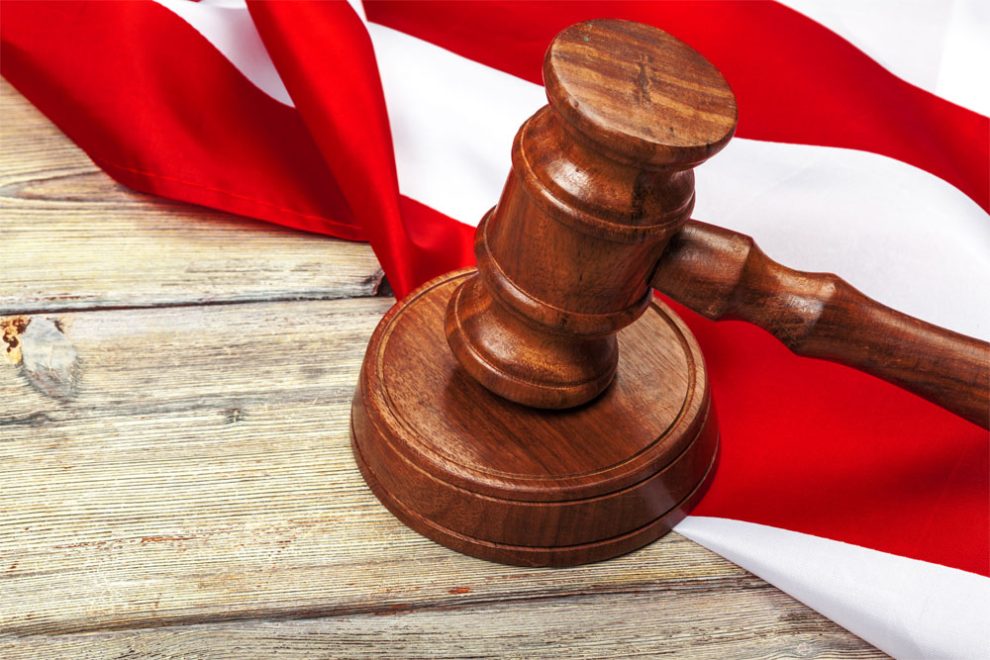Beneficiary Designations
Frequently, one of the fundamental goals in estate planning is to avoid probate. Together with a revocable living trust, beneficiary designations could also be a choice in reaching this goal. Naming an individual as a beneficiary on a particular asset, like an IRA, 401k, or a life insurance policy, typically bypasses the probate process, when…









